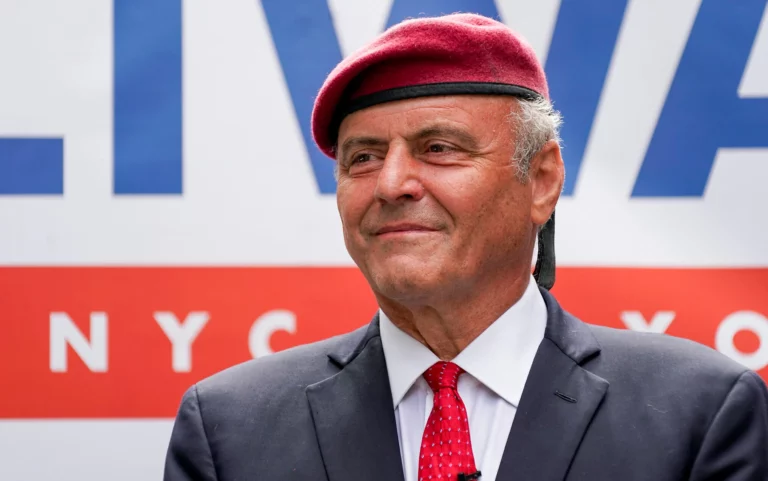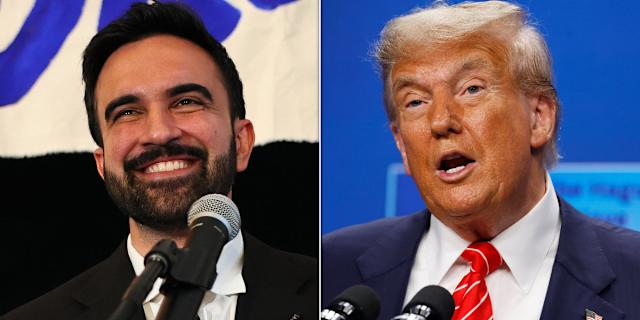 Over the last year, representatives of Mayor Michael R. Bloomberg quietly reached out to a handful of the country’s top journalists with an intriguing job offer: Divine and distill his unique brand of political philosophy and disseminate it around the globe for an annual salary of close to $500,000.
Over the last year, representatives of Mayor Michael R. Bloomberg quietly reached out to a handful of the country’s top journalists with an intriguing job offer: Divine and distill his unique brand of political philosophy and disseminate it around the globe for an annual salary of close to $500,000.
In interviews inside a grand Beaux-Arts town house on the Upper East Side, he spoke with candidates about education reform, post-partisan politics and urban affairs. And in a slightly startling admission for a man of abundant self-certainty, he acknowledged that there remained essential areas where he had yet to develop convictions. “I don’t know what to do about Afghanistan,” he said during the process, according to a person familiar with that conversation.
After conquering Wall Street in the 1970s, crushing competitors in the information-technology industry in the ’80s and reigning over New York City politics for the past decade, the ever-ambitious Mr. Bloomberg now wants to dominate a new sphere — the world of opinion.
At the mayor’s urging, his giant media company will soon make a splashy foray into opinion, churning out columns and essays on issues as varied as gun control and deficit spending. At the center: up to two editorials a day that channel the views of Mr. Bloomberg himself.
The mayor, a keen student of power, is privately conceding to friends that he will not be a candidate for president, a position he covets, and he is coming to grips with the reality that philanthropy, even on the sky-is-the-limit scale that he is planning, will not be enough to make him a potent force in national and international affairs.
So Mr. Bloomberg, 69, is trying on yet another new suit, that of policy-shaping publisher. He has told associates that his new op-ed project, called Bloomberg View, will allow him to maintain, and perhaps even deepen, his influence, long after the 24-hour spotlight of public office recedes.
The venture is emerging as his involvement with the company he founded 30 years ago appears to be growing. He hand-picked the editors of Bloomberg View, and two dozen interviews indicate that he played a greater role than previously known in Bloomberg L.P.’s purchase of BusinessWeek 18 months ago.
At the time, Mr. Bloomberg cast aside the warnings of consultants and executives who told him that the magazine was a financial millstone that would cost the company, at best, $25 million a year. “Do I look like a guy worried about losing $25 million?” Mr. Bloomberg asked the naysayers, according to three of these people, who spoke on the condition of anonymity because the talks were confidential.
The mayor’s entry into the realm of opinion could intensify concerns about his overlapping roles, and the concentration of so much power in the hands of a single man. It may require the kind of frequent interactions with his company that are discouraged by an agreement he has with the city to avoid conflicts of interest, and allow him to use his editorials to advance his local financial and political agendas.











One Response
He should first see if he can dominate snow in brooklyn.